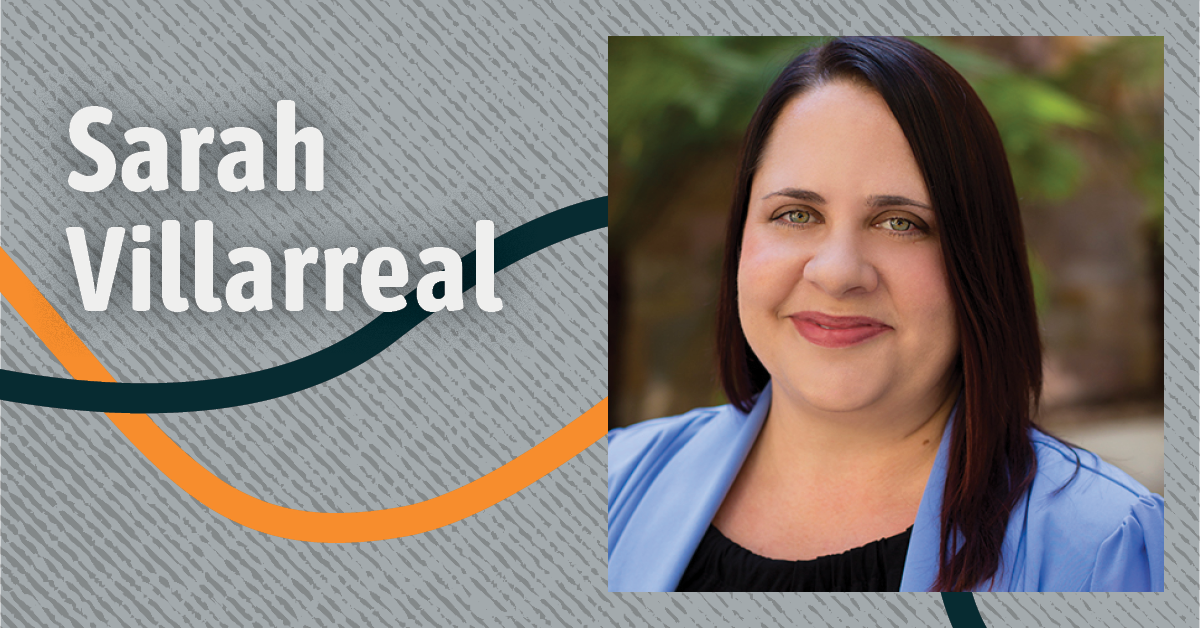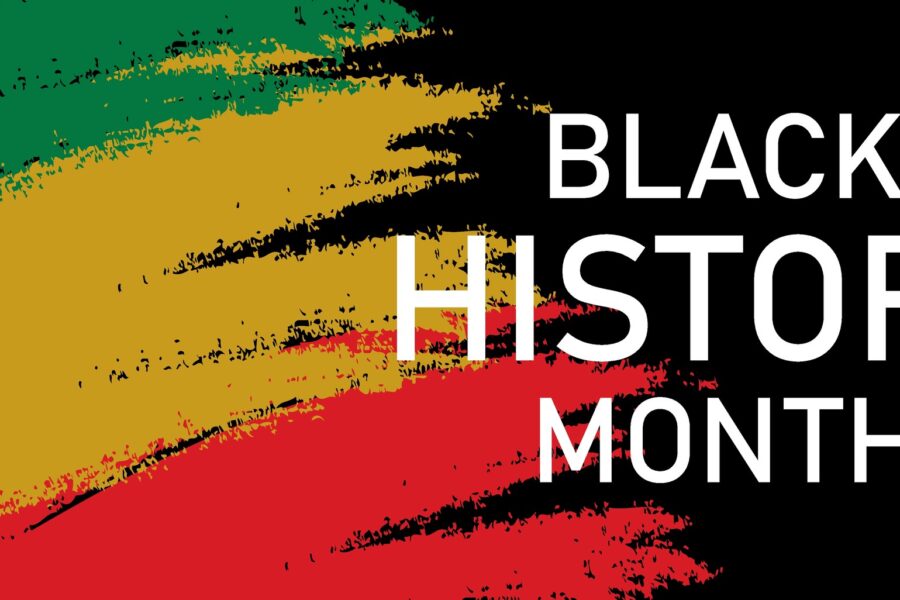Dr. Sarah Villarreal, PhD in Leadership and Change alum, published her dissertation titled, A Narrative Inquiry of Latinx Undergraduates’ Participation in High-Impact Educational Practices.
There are systematic barriers to educational equity in the U.S. higher education system, and the system overwhelmingly fails Latinx undergraduates more often than other students. It is crucial that evidence-based methods be used to reduce the existing postsecondary student success inequities. Scholars have linked specific educational practices to positive learning effects. A growing body of evidence has suggested these educational practices, coined high-impact practices (HIPs), provide amplified benefits to historically underserved students (HUS) and may be an effective tool for advancing equity and closing achievement gaps. The extant literature has neither adequately explained the reason(s) that HIPs provide an academic boost to HUS nor described their lived experience. Such qualitative research is important for understanding how HIPs contribute to HUS’ learning and engagement, better support student success, and address inequities.
Through narrative inquiry and inductive/emergent analysis, this study explored the lived experience of Latinx in HIPs at a four-year public university. Deductive/a priori analysis drew from two theoretical frameworks: validation theory and cultural capital. This study investigated several guiding questions: In which curricular experiences do Latinx undergraduates experience the deepest learning and engagement? To what elements or aspects of the experiences do Latinx undergraduates attribute the learning and engagement? What are the key validating experiences or experiences that recognize/reward cultural capital? Findings revealed five major course elements associated with deep learning and engagement: professor behaviors or traits, real-world and relevant content, preparation for future or career, relationships with peers, and diverse perspectives. A key implication for practice is that faculty are central to student success, and through the application of teaching and curricular elements, every academic course can ensure deep learning and engagement for HUS. Faculty/individual, institutional, and policy level changes and efforts can rapidly scale HUS’ access to courses that result in positive educational outcomes including retention and graduation.
Dr. Villarreal has been a public higher education professional since 2001. She currently serves as Chief of Staff at California State University San Marcos, overseeing the Office of the President. In this role, Villarreal provides strategic support and leadership for high-priority campus projects and initiatives and serves as the liaison to a variety of internal and external constituencies. Prior to being Chief of Staff, she held various positions at Cal State San Marcos, including Associate Vice President for Community Engagement and Associate Dean of Extended Learning. Villarreal began her higher education career at the University of California, Riverside.



